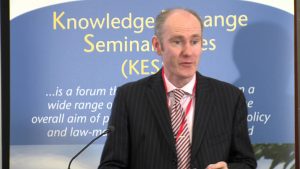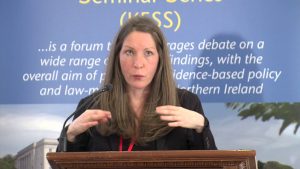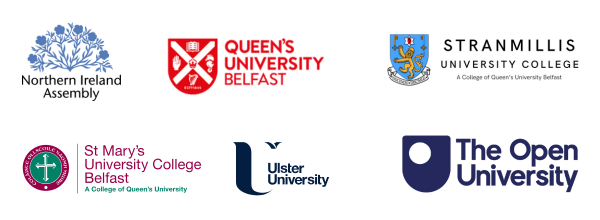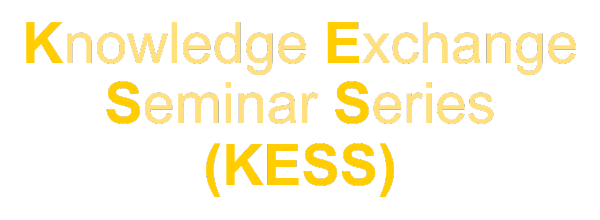
Deliberative Democracy in Northern Ireland: Enhancing the quality of governance by involving citizens in decision making
Dr John Garry (QUB) How can the quality of governance in Northern Ireland be enhanced? This presentation addresses this broad question by focusing on the extent to which the quality of democratic decision making in Northern Ireland may be increased by facilitating a role for the considered views of citizens. Specifically, it suggests a feasible and cost-effective way of putting deliberative democracy into effect at either the local government level or Northern Ireland government level: citizens are provided with balanced information and arguments on a particular issue, reflect upon the range of views on the issue and indicate a preference

The Creative Citizens Programme: Local Government involving citizens in arts development
Dr Victoria Durrer with Kevin Murphy (Voluntary arts Ireland) and Rosalind Lowry (Arts & Events Development Officer, Mid and East Antrim Council) The ‘Creative Citizens Programme’ is a partnership between Voluntary Arts Ireland (VAI) and Mid and East Antrim Borough Council. ‘Creative Citizens’ is an action research project that brings local people together with local and regional organisations, services and networks together through active engagement in a programme of 150 arts and culture-related events and activities. It is part of a wider investigation, called ‘Our Cultural Commons’, that VAI and its partner agencies in Scotland, Wales and England are conducting

Candidate Selection in Northern Ireland: a cold house for women?
Dr Neil Matthews (QUB) This presentation outlines key findings from research on party candidate selection procedures and their impact on the number of women selected to contest elections in Northern Ireland. Relatively little is known of both the nature of the selection methods adopted by Northern Ireland’s main political parties and their role in producing existing levels of political gender inequality. This presentation addresses both these gaps in our understanding. Firstly, an overview of the current procedures adopted by the political parties is provided. This overview also accounts for recent changes to the parties’ selection methods and consider the implications



